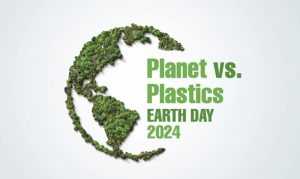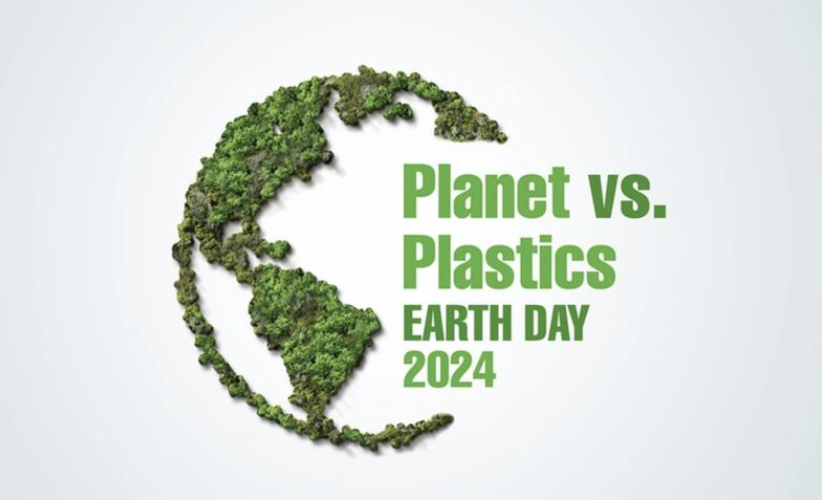So, it’s “Planet vs. Plastics,” is it?
As you may have heard, that’s the theme for this year’s Earth Day, which falls on April 22. Underscoring this admittedly catchy slogan, Earthday.org is calling for a “60% reduction in the production of plastics by 2040 and an ultimate goal of building a plastic-free future for generations to come.” All I can say is: Be careful what you wish for. A world without plastics might not be the Eden you imagine.
I won’t argue that the plastics industry hasn’t been its own worst enemy at times. Misleading and frankly false claims of recycling advanced in the late 1980s, when the infrastructure needed to make good on those claims was virtually nonexistent, have come back to haunt the industry.

Those chasing arrows, it turned out, were really just going round in circles. That decades-old storyline continues to feed a media narrative, however, that simply ignores the technological progress in the last couple of decades.
‘A simplistic, binary choice’
Society of Plastics Engineers (SPE) President Conor Carlin regrets that Earth Day 2024 has chosen such a divisive theme. It offers a “simplistic, binary choice, as if we don’t have to work together on a shared planet. It is certainly the case that plastics are being singled out as an environmental menace, yet groups such as Project Drawdown show that there are many challenges we can tackle to have an even greater [effect] on reducing our environmental impact,” said Carlin. “And while people in our industry can always point to the benefits of plastic materials — lighter, more efficient, enabling GHG reductions, etc. — we must keep our own house tidy. As a global community of individual members working in every nook and cranny of the world of polymers, SPE is helping to join the dots to both celebrate the good work being done at the nexus of plastics and sustainability, and to recognize emerging areas of growth, particularly in bio-based materials and related ecosystems.”
On that note, he recommends subscribing to Bioplastics Magazine. Established in 2006, “this publication is always full of new developments, new startups, new products in the growing world of bio-based polymers. It is remarkable to see so much innovation from multiple nodes across the globe,” said Carlin. “The challenge for bioplastics, of course, is the long head start and massive efficiencies linked to fossil-based materials. But like Aesop showed all those years ago, the tortoise wins the race in the end.”
Carlin also commends materials supplier Arkema for publishing one of the “most comprehensive and data-driven sustainability reports” that he has read. “Sustainability is not simply about reducing single-use packaging — it is fundamentally about making sure that we don’t over-exploit resources now to the detriment of future generations,” Carlin told PlasticsToday. “Arkema highlights multiple case studies and testimonials across its organization where both technical and cultural changes result in lowered emissions, reduced pollution, and better resource management.”
‘We have to re-frame our mindset around these polymers’
For Joy Rifkin, sustainability and training manager at Lakeshore Recycling Systems, the invention of plastics revolutionized our lives in countless beneficial ways but also led to the notion of disposability and single use.
“Convenience became paramount, and people began using plastic products for a few minutes and then throwing them away,” said Rifkin. “We have to re-frame our mindset around these polymers. They are helpful and needed in society, but we’ve got to treat plastic as a resource, and not an item to be discarded after a few minutes of use. And right now,” she adds, “we use too much plastic without a robust network of recycling options.”
Author: Norbert Sparrow
Source: https://www.plasticstoday.com/packaging/what-earth-day-2024-got-wrong

